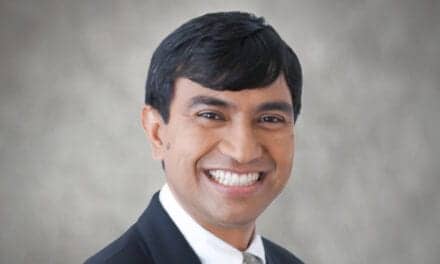Southhampton, UK — While cochlear implants allow people with severe-to-profound hearing loss to perceive and understand speech, the current technology often cannot cope with the complexities of music.
Music professor David Nicholls and Dr Rachel van Besouw from the University’s Institute of Sound and Vibration Research (ISVR) have secured a £109,000 (approximately $174,000) grant from Britain’s Arts and Humanities Research Council to work with patients from the South of England Cochlear Implant Centre, based at the University.
“Hearing people speak again changes lives, but many of our patients tell us they still can’t enjoy music,” explained Dr van Besouw in a press release. “They say they can hear rhythm but have problems distinguishing notes. We want to investigate ways we can help them.”
Professor Nicholls added, “I have always been interested in how music can be used in a research environment to support people. It can encourage development and self-belief and boost self-confidence. I am sure our interdisciplinary approach to the challenge will make a real difference to our patients.”
Through a series of innovative music workshops, in conjunction with Southampton Community Music Project (SoCo), the researchers will explore aspects of music that can be appreciated by cochlear implant users through a variety of listening, computer-based, and practical activities.
This knowledge will be used to guide the development of music rehabilitation materials and compositions specifically for cochlear implant users. The 2-year project will conclude with a public seminar and performance at the University of Southampton.
“We want to build a computer tool kit of listening exercises that people can listen to at home, which will help them to distinguish, recognize, and appreciate different musical sounds,” said Professor Nicholls.
A research assistant, Dr Ben Oliver, has been recruited to develop the program and work with colleagues across the University and from the SoCo.
SOURCE: University of Southampton



